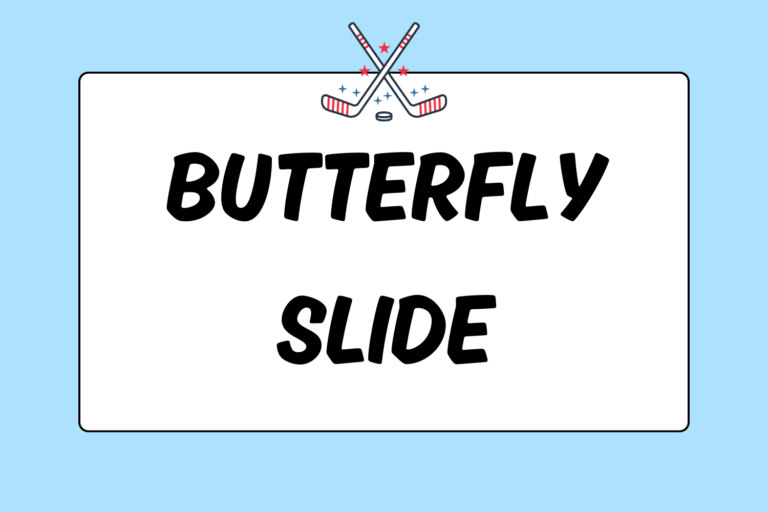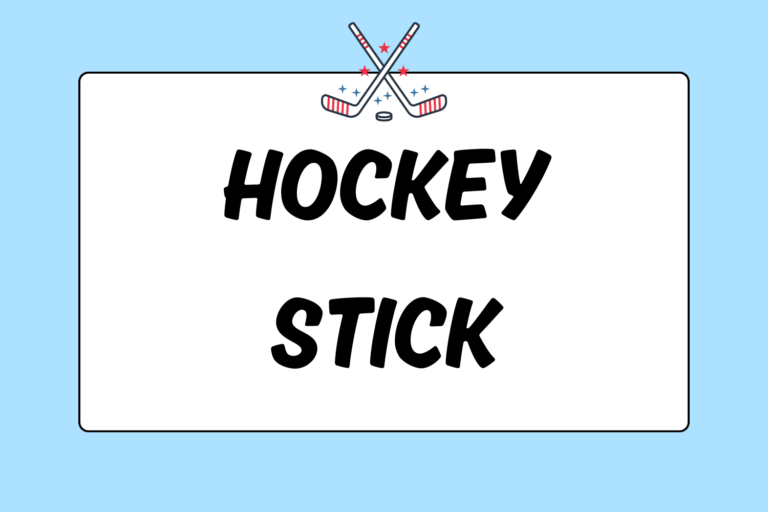Founded in 1917, the National Hockey League (NHL) is one of the oldest professional sports leagues in the world. Ice hockey predates the formation of the major pro league significantly, though. It shouldn’t be surprising that a sport with well over a century of history has developed widespread traditions.
From the hat trick to facial hair, this guide explains the most common traditions and superstitions in ice hockey.
The Hat Trick
A hat trick occurs when an individual player scores three goals in a single game. In low amateur games of hockey, this is merely a milestone — a noteworthy personal achievement. However, as the level of competition rises, a new tradition has been embraced by players and fans alike. Upon scoring the final goal of a hat trick, fans in the stands will often throw their hats onto the ice. If there are enough fans present, the hats can cover most of the playing surface, and the game must be stopped while the hats are cleaned off the ice.
Amazingly True Story
The origin of the hockey phrase “hat trick” likely comes from Toronto, Canada in the 1940s. Legend has it that local players who scored three goals in a game were awarded a brand new fedora hat. At that time, this was quite the prize! There are several conflicting claims as to who exactly pioneered the practice, but most center on either a local businessman or hat store as the benefactor.
The Playoff Beard
Hockey superstition dictates that once the playoffs start, players competing on playoff teams stop shaving their faces. For obvious reasons, this tradition only applies to adult men’s hockey. The “logic” behind this superstition is patchy at best: Players stop shaving so that their routine (and luck) isn’t altered as the playoffs start. Players aren’t supposed to shave until they get eliminated from the playoffs, win the championship, or play so poorly they feel a change is needed.
In reality, the playoff beard rite is often just a good, fun way to add a bit of team camaraderie… and also give the younger guys — who can’t grow a solid beard — a hard time. Playoff beards have taken such root over the hockey community that fans of a team will often grow facial hair in support of their club.
Amazingly True Story
The playoff beard tradition is thought to have been started in the early 1980s by the New York Islanders of the NHL. This dynasty team won four consecutive Stanley Cups from 1980-84, and always did so with full beards!
Don’t Discuss Shutouts Mid-game
When a goaltender is playing well, his team doesn’t want to do anything to jinx it. Heck, most don’t even want to acknowledge it. Thus, it has become customary to never speak of a goaltender’s shutout before the final buzzer.
Talking about a shutout while it’s in progress is thought to be a bad omen. Even players who aren’t superstitious themselves should try to respect their teammates’ beliefs. Never talk about a shutout while the game is in progress.
Don’t Step on the Logo
Most hockey teams share a rink with several other teams. Because of this, most locker rooms are plain and undecorated. However, for teams that do have their own rinks, the team logo is often liberally splattered across the walls and floors of the home locker room.
High-level youth, college, and pro teams often have locker rooms that are carpeted. In the center of the room, the carpet will often feature the team’s logo. A commonly held belief in the hockey world is that no one — players, coaches, parents, media members, rink mangers, wives, children, etc. — is to step foot on the logo in the locker room.
It’s not clear where this custom started, but most NHL teams uphold this practice, as well as many college squads. If you’re ever in a locker room with a logo on the carpet, do not step on it!
Creatures of Habit
The reasons for keeping these traditions and superstitions are abundant. They can bring teams together, make players more comfortable, and sometimes merely connect the sport to its rich past. Take the time to educate yourself on hockey’s customs, and your experience playing and watching the sport will become richer.





